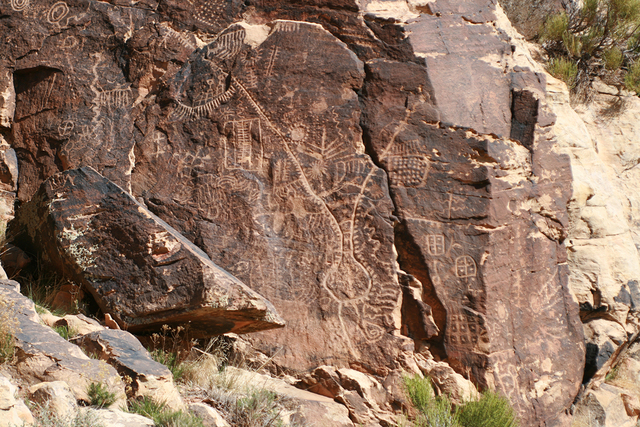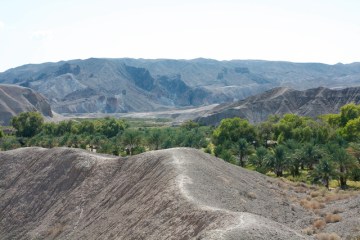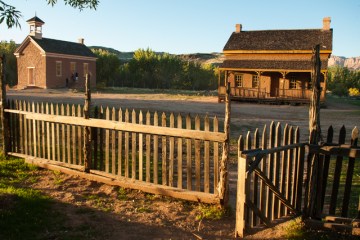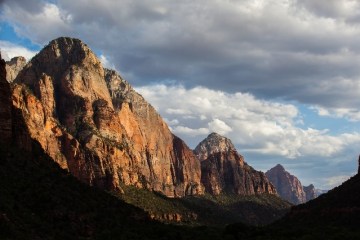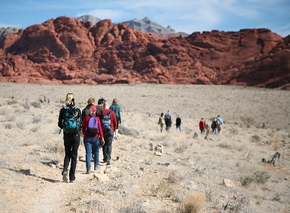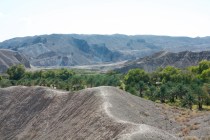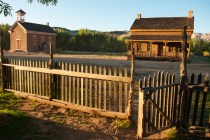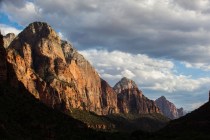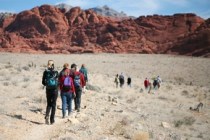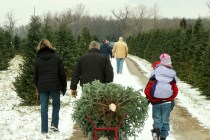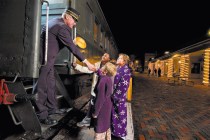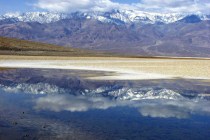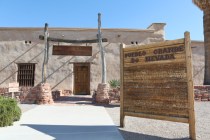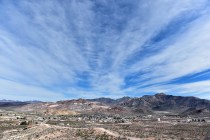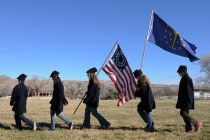Parowan home to ample history
Parowan, Utah, occupies a peaceful valley at the floor of a stream-carved canyon just off Interstate 15 north of Cedar City, about 200 miles from Las Vegas.
Follow the paved road up the precipitous canyon to reach the 10,000-foot Markagunt Plateau. This scenic byway passes through the ski resort village of Brian Head, named for the nearby peak, before reaching Cedar Breaks National Monument. It continues across the plateau to drop down to Panguitch.
Parts of the byway close in winter because of heavy snow. Before the snow flies, the byway offers gorgeous fall color in the canyon, panoramic views from the mountain and vivid foliage among dark evergreens across the plateau. After the high-country color disappears, foliage in Parowan will reward leaf-peepers, as will the pretty little town itself.
Early Mormon leader Parley P. Pratt selected the site of the town in the Parowan Valley in 1850 during an expedition south from Salt Lake City. Pratt’s party identified likely locations for future settlements as part of Brigham Young’s plan to colonize a large part of the West.
Known as the “Mother of the South,” Parowan was the first settlement in the region. From Parowan, groups of Mormon settlers fanned out to establish dozens of communities. Pratt is honored with a life-sized bronze statue in Parowan Heritage Park.
Many early homes and other buildings remain in Parowan, which was established with a main street for commercial and public buildings and a grid of wide, tree-lined streets. Large residential lots had enough land for gardens and orchards.
Parowan still has a defined downtown area. Several early buildings now listed on the National Historic Register include the 1856 Jesse Smith adobe home, the 1862 Rock Church, the 1916 Third Ward meeting house and the cabin that served as office and residence for the area’s first doctor.
Visitors can make arrangements to tour some of these early sites by calling 435-477-9022 on weekdays. During the town’s annual Christmas in the Country celebration over Thanksgiving weekend, visitors tour several historic homes decked out in holiday finery. The festivities include a Santa parade, a crafts bazaar and a candlelit parade to the lighting of the city’s holiday tree, followed by a musical performance.
The early Mormon settlers may have thought they were the first people to inhabit the valley, but they soon found evidence that they were part of a parade of different cultures. Nomadic hunters followed trails and camped near water in the valley. Early Fremont people left traces of several small settlements where they grew corn. They would have gathered pine nuts in the foothills and hunted game in the mountains and waterfowl in marshes west of town.
A well-established trail threaded its way between 600-foot cliffs at Parowan Gap, a prominent land feature west of the valley. The Mormons found the gorge full of enigmatic symbols incised on stone surfaces along the natural pass through the range of hills, proof that others had passed that way over a long period of time. No doubt, they speculated on the meaning of those markings.
The petroglyphs of Parowan Gap are different from other glyph sites in the region. They do not have pictorial elements such as humans and animals. These glyphs are more geometric, and many include repeated symbols.
Although it is unlikely all the petroglyphs will ever be fully understood, expert study has revealed that the early cultures carefully observed night skies and were familiar with celestial events. Some of the glyphs function as calendars, marking the days between the solstices.
The solstices in Parowan Gap have become popular events, with visitors gathering to witness the light in the gorge during the rising and setting of the sun. The Parowan Gap petroglyphs are recognized as a national cultural treasure, listed on the National Register of Historic Places.
Margo Bartlett Pesek’s Trip of the Week column appears on Sundays.



